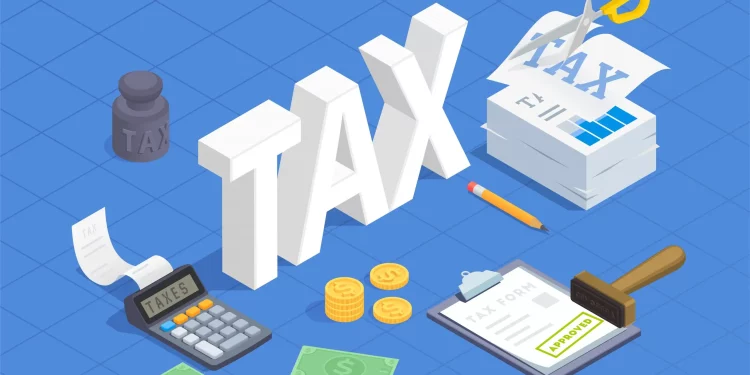The Finance Bill, 2024, has proposed several tax increments that could exacerbate the already tough economic conditions in Kenya. Among the controversial proposals is an increase in the tax on mobile money transfers from 12.0% to 15.0%, a move that has sparked widespread concern.
Mobile money services have revolutionized financial transactions in Kenya, providing a convenient and secure way for people to transfer money. Higher taxes on these transactions could drive Kenyans back to carrying cash, which presents significant security risks. We might see a return to old habits like hiding money under mattresses or even in bras, which poses health risks like breast cancer for women.
The increased cost of mobile transactions is particularly troubling for traders and small business owners who rely on this technology for their daily operations. The higher fees could cripple small businesses that depend on mobile money for their operations.
The bill also proposes a higher tax on bread, arguing that it is primarily consumed by the middle class. Bread is a common snack in many Kenyan households, not just among the middle class. Taxing it heavily is unfair and will hurt the poor and middle class alike. While the affluent might absorb the additional cost without much impact, the middle class will feel the strain, and the poor might be priced out of consuming bread altogether.
Amid these proposed tax hikes, there is growing frustration over government spending. During the campaign period, the current administration promised to prioritize the needs of the ‘hustlers’ and improve the economy to ensure that ordinary citizens could afford basic necessities. However, critics argue that the government’s current spending patterns do not align with these promises. The government appears to be on a spending spree, despite struggling to pay intern teachers and doctors. This highlights a serious issue of inverted priorities.
As the debate over the Finance Bill, 2024, continues, there is a clear consensus among critics and citizens alike that heavy taxation could have detrimental effects on the economy and the everyday lives of Kenyans. It is crucial for the government to review these proposals, consider their impact on different socio-economic groups, and prioritize efficient and transparent use of public funds.
















